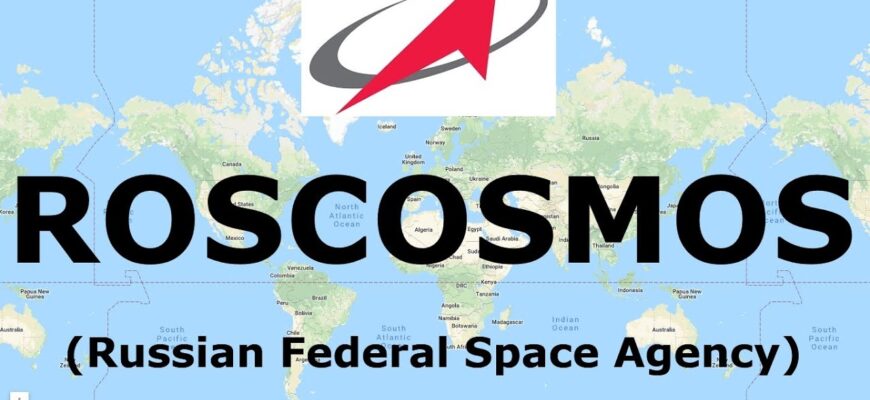In a move highlighting the intensifying global competition in space exploration and technology, Russian Prime Minister Mikhail Mishustin has issued a direct instruction to the state space corporation, Roscosmos.
During a recent meeting with the head of Roscosmos, Dmitry Bakanov, the Prime Minister emphasized the critical necessity of scrutinizing the solutions and advancements being made by international rivals. This analysis, Mishustin stated, is essential for the effective update of Roscosmos`s development strategy.
The Prime Minister specifically pointed to significant trends observed globally. “In the course of updating the Roscosmos development strategy, it is certainly necessary to analyze competitors` solutions,” Mishustin remarked. He added, acknowledging the shift in the sector, “As you yourself said, several countries are now working in the field of space research, producing reusable stages.” This appears to be a clear nod towards the increasing prevalence and success of reusable rocket technology being pioneered and deployed by various international entities, including commercial players.
The discussion between Mishustin and Bakanov also encompassed the implementation of a national project dedicated to the development of the space industry. This project reportedly has a substantial financial backing, with four trillion rubles allocated through 2036. The integration of competitor analysis into the strategic planning suggests that the significant investment is intended to propel Roscosmos forward, but perhaps not without first learning from the innovations and operational efficiencies demonstrated elsewhere.
For a major state-backed space agency with a long and proud history, the official directive to “analyze competitors” might seem self-evident, bordering on stating the obvious. One might wonder if such a fundamental strategic principle needed to be articulated at the prime ministerial level. Nevertheless, the explicit instruction underscores a potential recognition at the highest echelons of government that keeping pace in the modern space race requires a proactive, outward-looking approach, actively studying and potentially adapting from the innovations of others, particularly in areas like cost-saving reusable launch systems.
This focus on competitive analysis within the framework of a heavily funded national project signals a strategic pivot. It suggests that Russia`s future in space, while rooted in its legacy, will also be shaped by its ability to understand, adapt to, and potentially counter the technological and economic advantages being developed by other space-faring nations and private corporations. The path forward for Roscosmos, armed with a considerable budget, now officially includes taking a long, hard look at what the neighbors are building in their rocket yards.








